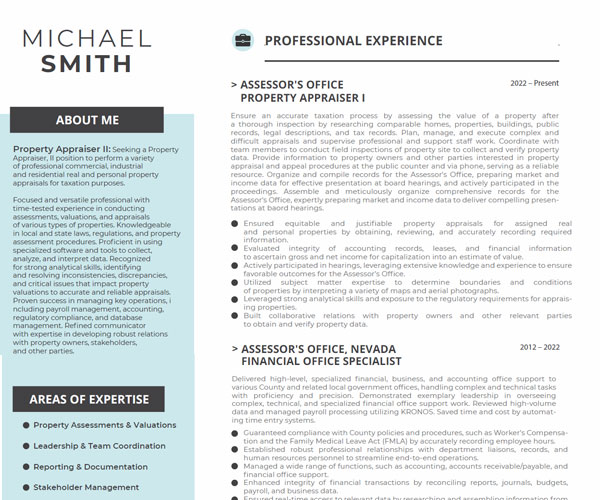
Searching For A Job:
When it comes to searching for a job, using the right keywords can make a significant difference in finding relevant opportunities that match your skills and interests. In today’s competitive job market, where online job boards and search engines are the primary tools for finding employment, incorporating effective keywords into your job search strategy is essential. This article will guide you through the process of selecting and utilizing keywords to enhance your job search, ultimately increasing your chances of landing your dream job. When searching for a job, using relevant keywords to refine your search and find the most suitable opportunities is important. Here are some common keywords to use:
- Job title:
Specify the specific position or role you’re interested in, such as “Software Engineer,” “Marketing Manager,” or “Accountant.” - Industry:
Include the industry or field you want to work in, such as “Technology,” “Healthcare,” “Finance,” or “Education.” - Location:
Mention the desired location or specify if you’re open to remote work. For example, “New York,” “London,” or “Remote.” - Skills:
Highlight the specific skills you possess or want to utilize in your job, such as “Java programming,” “social media marketing,” or “data analysis.” - Experience level:
Indicate the level of experience you have or the job level you’re seeking, such as “Entry-level,” “Mid-level,” “Senior,” or “Managerial.” - Company type:
Specify the type of company you’re interested in, such as “Startups,” “Non-profit organizations,” or “Fortune 500 companies.” - Certification:
If you have any relevant certifications, mention them in your search. For instance, “PMP certification” or “Google Analytics certified.” - Education level:
Specify the minimum education level required or desired, such as “Bachelor’s degree” or “Master’s degree.”
Remember to tailor your keyword combination based on your specific searching for a job preferences and requirements. Additionally, consider using variations of these keywords to capture a wider range of job listings. Embark on a swift job search with these 5 key methods. Unlock valuable strategies for finding employment efficiently and effectively. Accelerate your job hunt today!
Conclusion:
In conclusion, utilizing the right keywords is vital in optimizing your job search. By conducting research, customizing your resume, and refining your search queries, you can increase your chances of finding relevant job opportunities. Leveraging online platforms, networking, and incorporating industry jargon demonstrate your expertise and enhance your visibility to employers. Remember to track keyword performance and regularly update your materials. Start implementing these strategies today to boost your job search success.
FAQs
1. Can I use the same keywords for every job application?
While some keywords may remain consistent across job applications, it’s essential to customize them for each position. Tailoring your keywords to match the specific requirements of the job increases your chances of standing out to employers. Learn more about keyword searching for a job.
2. How many keywords should I include in my resume?
There is no fixed number of keywords you should include in your resume. Focus on using relevant keywords that accurately reflect your skills, experiences, and qualifications. Avoid excessive keyword stuffing, as it may appear unnatural and hinder readability.
3. Should I only rely on online job boards for my job search?
While online job boards are valuable resources, don’t limit yourself to just one avenue. Explore networking opportunities, professional associations, and social media platforms to expand your job search reach.
5. How often should I update my keywords and resume?
Regularly review and update your keywords and resume as you gain new experiences, skills, or qualifications. Keep your application materials current and tailored to each job opportunity you pursue



